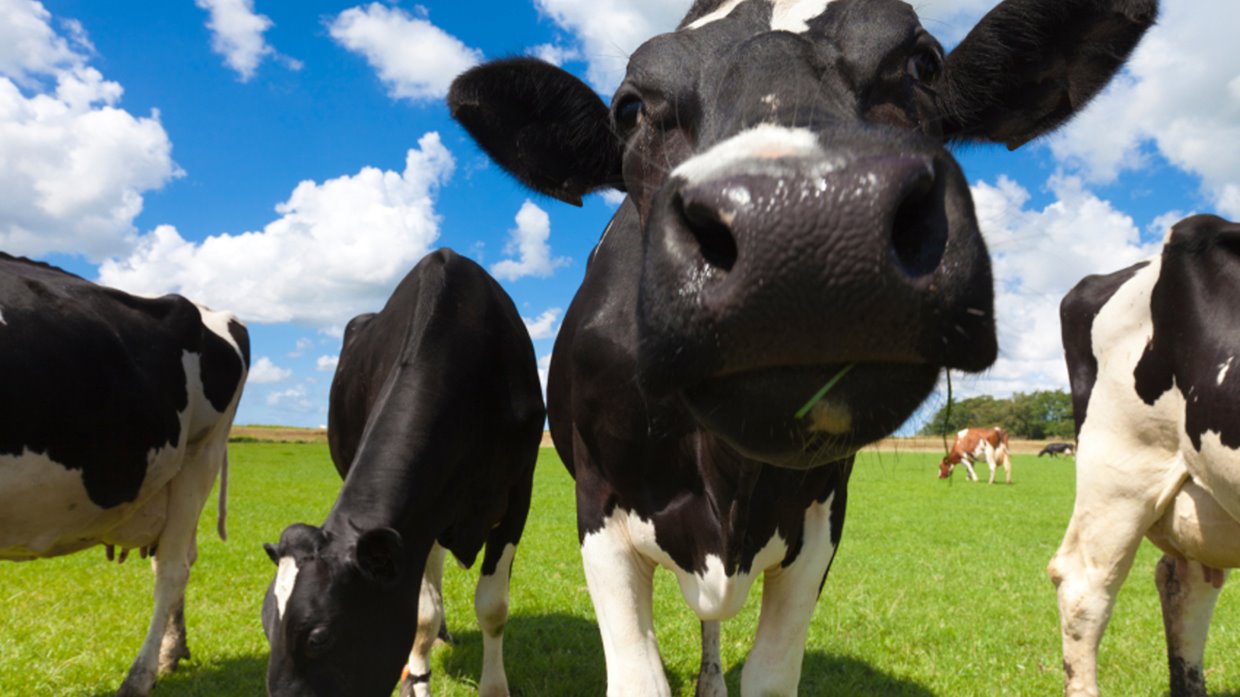In recent years, like many others, I've become more conscious of choosing meat from free-range, pasture-reared animals with a natural diet. Occasionally, I'd treat myself to a steak from a cow that had been massaged and pampered.
I started seeking out fish that were line-caught and wild rather than farmed.
We began purchasing farm-reared, free-range organic eggs with fancy names and vibrant orange yolks.
Why do I do all that?
I believe that happy animals produce better-tasting and healthier milk, eggs, and meat. Plus, I prefer animals to be well cared for—why wouldn't you?
Laws now require farms to meet specific welfare standards, but whether to merely comply with the law or to genuinely cultivate a happy environment is a philosophical choice.
So, what about humans? Why is it so challenging to accept that the best and right thing to do is to focus on employee happiness at work?
Almost every day, I face questions from prospective clients and partners alike:
- What's the business case for happiness?
- What's the ROI? We need an ROI!
- What's the shareholder return?
Of course, I understand these questions—they're part of business. But to me, they often seem somewhat misguided.
The link between happier people and improved performance is well established, so it can't be about evidence. It must be a question of mindset or philosophy.
Perhaps the question I should be asking is, "Philosophically speaking, are you more like a battery farm or free-range?" It's almost that simple.
"Philosophically speaking, are you more like a battery farm or free-range?"
As a manager, how easily can you identify with the sentiment of the farmer in the video above?
I often talk about creating conditions for happier work. It's not rocket science, but it does require effort and focus. While few companies would liken their employment and management practices to battery farming, they're often far from creating environments like those of happy cows.
We all know people who work in places where they can't even make themselves a coffee because they're tied to their desks, where toilet breaks are monitored, and where simply being at your desk for the longest time is the goal, regardless of productivity. The prevailing attitude is often "JFDI," where success is about endurance—or should I say, enduring.
If you were to consider creating the right physical environment for workplace happiness, you wouldn't be far off by thinking about cows and then applying it to humans: natural light, warmth, shelter, access to food and water, and contact with their herd (colleagues) to feel safe from external threats as well as harm where they are. Throw in broadband, a mobile phone, and a laptop, and that would suffice for most human teams.
What else might people want? Let's turn to our Five Conditions for Happiness:
- Purpose: Doing something meaningful for a company that positively impacts society or the world.
- Trust: Working in a high-trust environment where trust flows both upwards and downwards.
- Autonomy: Having a degree of control over how, where, and when they fulfill their objectives.
- Support: Feeling supported by colleagues and management—emotionally (kind, caring, civil) and practically (right tools, environment).
- Development: Experiencing growth, progress, learning, and development in their life and career.
None of this is impossible with a bit of effort. I'm not saying it's easy, as much of it is behavioural. Still, this isn't like a digital transformation requiring endless funds to change everything you do—it's a philosophical question.
If you decide you want to be the kind of farm with happy cows, there will be work ahead, but you'll find plenty of people willing to help—after all, who doesn't want to be happy?
And once you've got the ball rolling, imagine the possibilities!
Harkn helps companies understand, measure, and improve workplace happiness—find out more at harkn.com.




